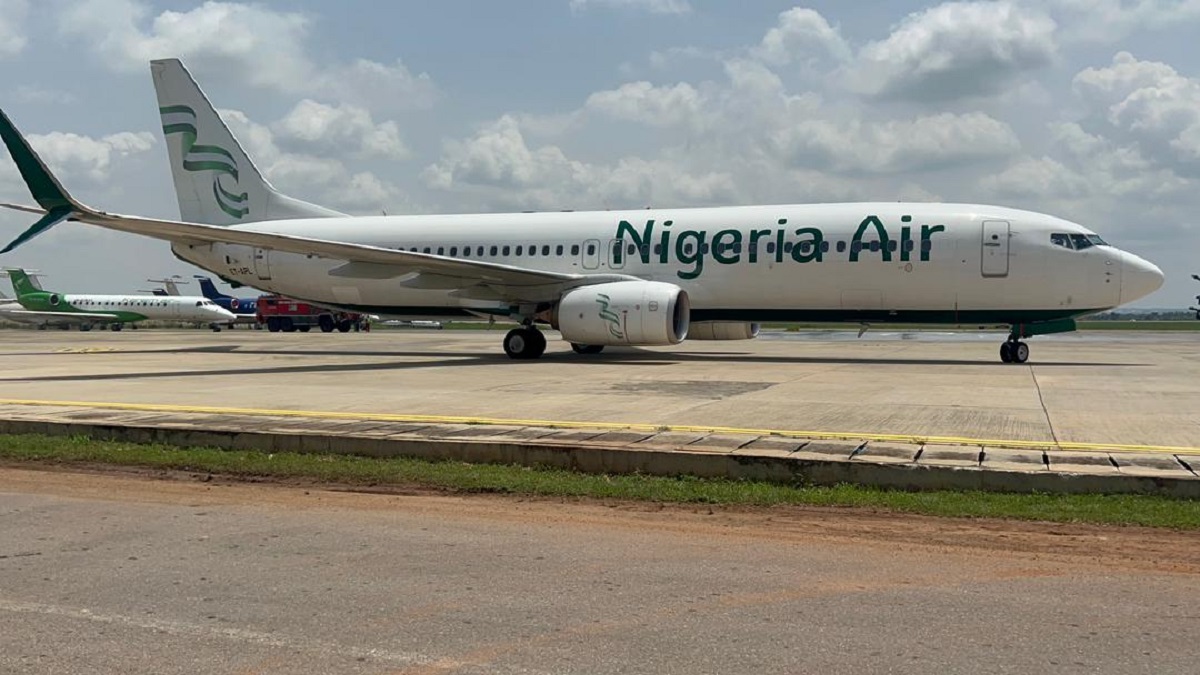Nigeria Air, the planned national carrier of the West African nation, has encountered a hurdle in its bid to start flying by the middle of this year. The Nigerian Civil Aviation Authority (NCAA), the regulatory body for aviation in the country, has denied its request to move to the second phase of the certification process.
In a letter dated June 2, 2023, NCAA stated that Nigeria Air did not submit a formal application form and other necessary documents as required for the certification process. Without these documents, NCAA said it could not proceed to evaluate the airline’s operations and safety standards.
The letter also reminded Nigeria Air that its post holders’ letters of commitment have a tenure of three months and are due to expire soon.
Nigeria Air is part of a presidential aviation roadmap launched in 2015 to promote development in Nigerian aviation. The federal government intends to hold only a 5% stake in the new airline, while the private sector will own the remaining 95%. A core investor will own 49% of the private sector share.
The certification process for obtaining an Air Operators Certificate (AOC) from NCAA involves five stages. The first stage is pre-application, where NCAA appoints a certification team and discusses the regulatory requirements with the applicant.
The second stage is formal application, where the applicant submits documents and manuals for evaluation. The third stage is document evaluation, where NCAA reviews the applicant’s procedures and practices for conformity with regulations.
The fourth stage is demonstration and inspection, where NCAA conducts audits and tests at the applicant’s premises and aircraft. The fifth and final stage is certification, where NCAA issues the AOC if the applicant meets all the criteria.
Nigeria Air aims to operate domestic, regional and international routes with a fleet of modern aircraft. It hopes to take advantage of the Single African Air Transport Market (SAATM), a continental initiative to liberalize air travel in Africa. It also seeks to compete with other airlines in terms of fares and services, generate employment for Nigerians, grow the GDP contribution of aviation, and improve national image.
However, with this latest setback from NCAA, Nigeria Air may have to delay its launch date and work harder to meet the regulatory standards. It remains to be seen if Nigeria Air will be able to fulfill its vision and become a successful national carrier for Nigeria.
